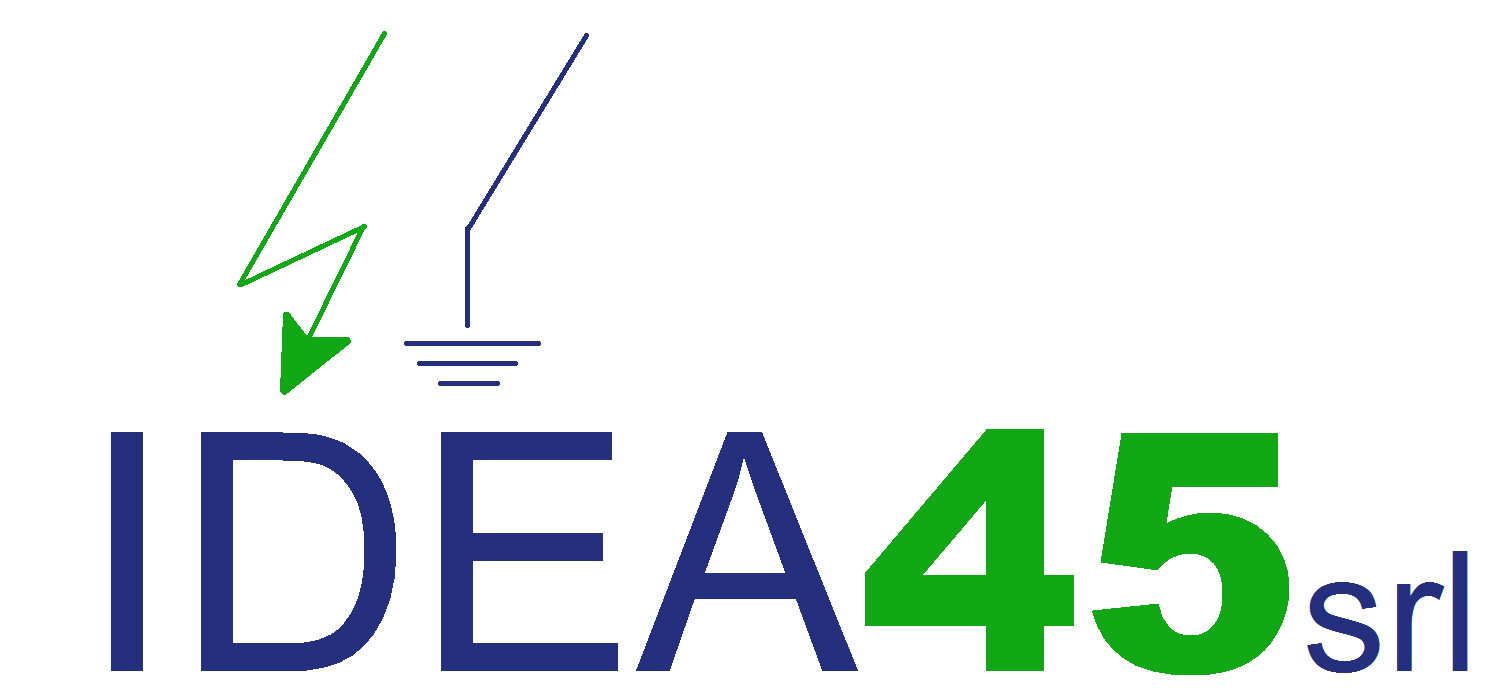For the following blog post describing results from my ADHD mate research
Never notice that within the U.S. alone, people with a few degree of ADHD number from 10 to 30 million. To phrase it differently, they aren’t clones. Neither were their particular friends.
However, no less than two alleged truisms prevail about person ADHD and interactions:
- “Opposites Attract”: people who have ADHD include keen on “organized” and joyless employees bees who is going to keep carefully the trains running for any each of all of them and which therefore become drawn to their particular free-spirited ADHD partner’s spontaneity and sense of enjoyable.
- “Like Attracts Like”: People with ADHD include keen on others with ADHD because they naturally discover each other more than any “Muggle” could.
These stereotypes is completely contrary. However, they echoed with equal certitude through the ADHD society while I found myself researching my personal earliest book—and nonetheless today. Sure, people installing both stereotypes resulted in during my local an internet-based discussion groups. But, between those two extremes put the teeming number of human beings individuals and their interactions.
As I will say, “People with ADHD are like all various other individuals, just much more.” Therefore the exact same holds true for interactions in which one or both partners have ADHD: They have trouble with equivalent conditions that obstacle all people, only way more.
Making the Question
How exactly to experiment these stereotypes? Making a question proven difficult when making my personal ADHD Partner research. We established on a fairly loose “fishing journey.”
The main constraint: Survey respondents would not are the ADHD partners, precisely the couples of people with ADHD (though some additionally had ADHD by themselves). Thus, the participants guessed or responded according to whatever they got gleaned off their ADHD partner.
Plus, the faculties I noted were instead random. And, respondents weren’t recognize between faculties which were existing and characteristics that were appealing.
Nevertheless, original investigation must start someplace. I settled on two inquiries, using the same listing of faculties per concern:
- Which of the ADHD Partner’s attributes drawn your? (inspect ALL that implement and/or add any that are not indexed.)
- Which of characteristics do you ever think lured the ADHD companion to you? (always check all of that use and/or include any that aren’t listed.)
Let’s read both units of responses, combined and arranged into two various charts, the following.
Researching the attributes
Please keep beside me. It’s a little tricky to understand to start with. But by evaluating both sets of information hand and hand, we are able to see if a picture emerges. Definitely, are some collective “personality” traits more common into the ADHD partner (the person with ADHD) or the additional partner (the respondent)?
1. Which Traits Drawn You To The ADHD Lover?
Because of this earliest chart, we arranged through this earliest question, arranged from finest to lowest: “Which of your ADHD Partner’s attributes lured your?”
Red symbolizes the respondent’s ADHD Partner’s qualities, those who the review respondent located the majority of appealing. It appears like the four huge draws become:
- Natural; enjoyable to-be with: this characteristic was displayed practically doubly in ADHD associates as with participants but nevertheless rather within the respondents
- Funny; pleasing: only a little more displayed in ADHD couples
- Interesting; innovative, “different”: about a third a lot more symbolized in ADHD associates
- Appealing; hot: about equivalent, with respondents rank themselves just a little more attractive and sexy than their very own ADHD couples (yes, bias could possibly be an issue right here…as I mentioned…”fishing expedition”).
Regarding the disadvantage, the 3 reasonable vote-getters:
- Good money supervisor: huge difference indeed there between respondents and ADHD lovers
- Healthy living style: another huge disparity
- Responsible; adult; responsible; organized: an astonishing difference
Where may be the most significant as a whole disparity? The ADHD lovers happened to be much more expected to attract with “big aspirations” and “big promises.”
2. Which of Attributes Interested The ADHD Lover?
With this next data, we arranged from this next concern, sorted from highest to lowest: “that of the characteristics do you actually think lured your own ADHD mate to you?”
Blue signifies the respondent’s self-perceived attributes. The four most-cited qualities include:
Most of these traits are located in double the prevalence together with the respondents such as the ADHD couples.
Therefore, yes, possibly there is certainly some fact to the mating polarity: the “responsible” types going for the “spontaneous” types.
But how can you be the cause of someone ADHD that socially phobic, considerably non-spontaneous, not specifically enjoyable and definitely not happy-go-lucky?
And think about the associates of grownups with ADHD who’re versatile, easy-going, the life span associated with celebration, and experts of effectiveness?
Everyone is complex, ADHD or not. That’s exactly why I’m a fan of looking at everyone working with ADHD as individuals; each knowledge varying attributes of an adjustable syndrome (and the co-existing problems, with the rest of character, socioecnomic history, etc.). Same for the lovers.
Stereotypes additionally neglect one large aspect: the effect that without treatment ADHD might have on both folks in a commitment over the years.
Including, to outdoors observers, some couples of people with ADHD carry out look firm and controlling. However, if you may well ask all of them, more state they didn’t start this way. Instead, managing their own ADHD partner’s jak dziaÅ‚a chemistry untreated signs pretty much required they’ve sufficient controls for each of them! But that’s a topic for a future article.
Then there are many people with ADHD who’ve either not ever been element of a few or needn’t been for very long. It is a place of despair and regret for many.
I really hope you’ve found some food for planning here.
